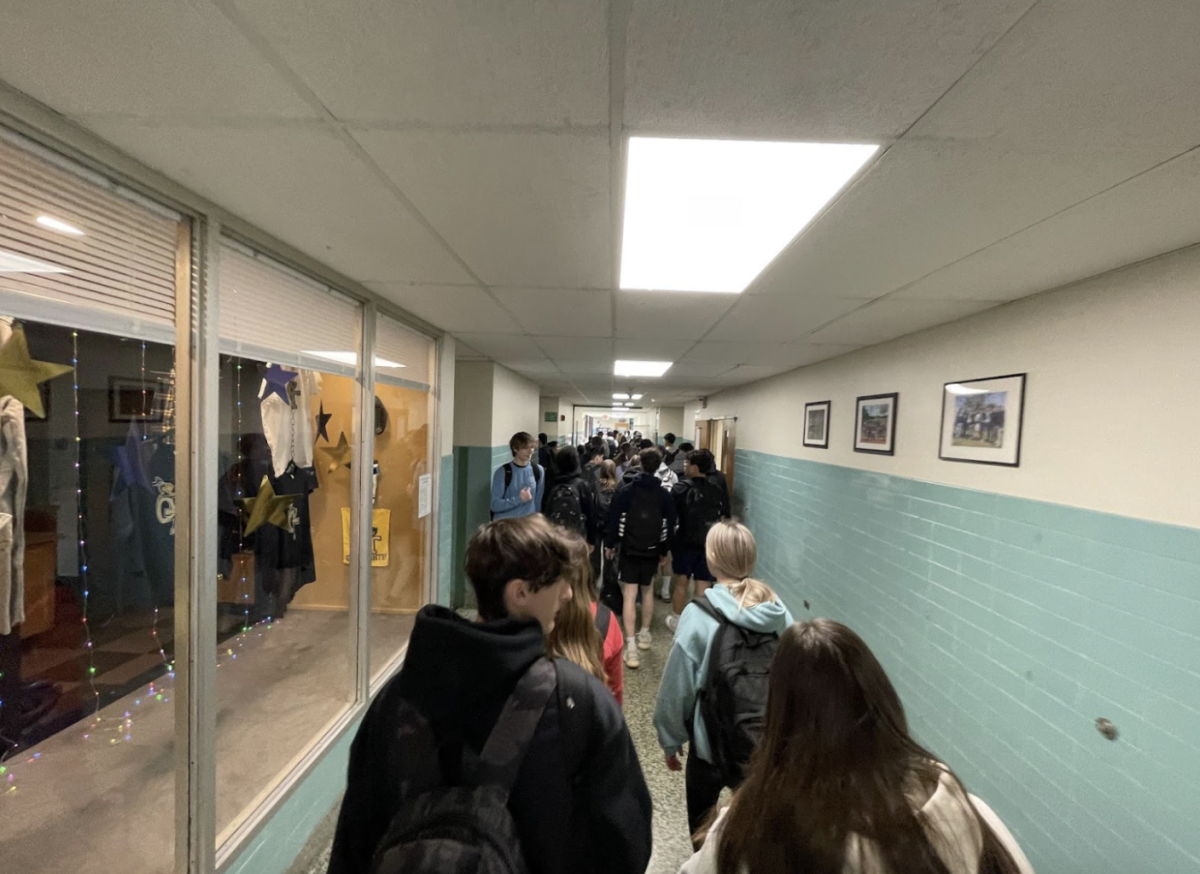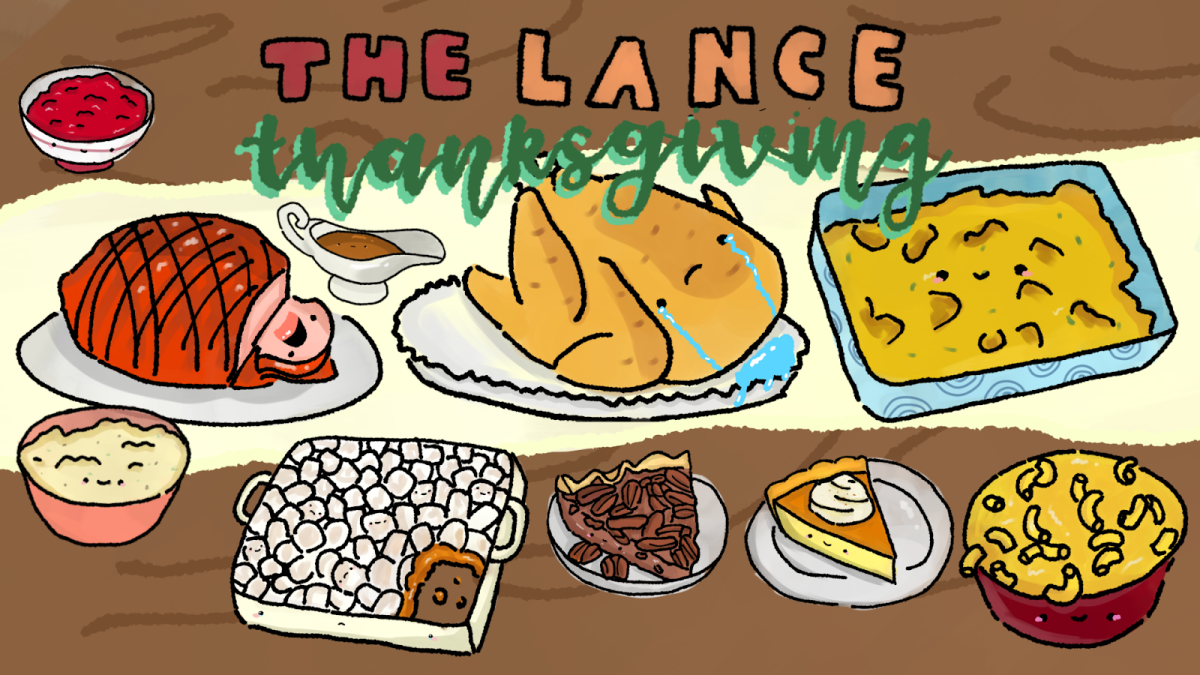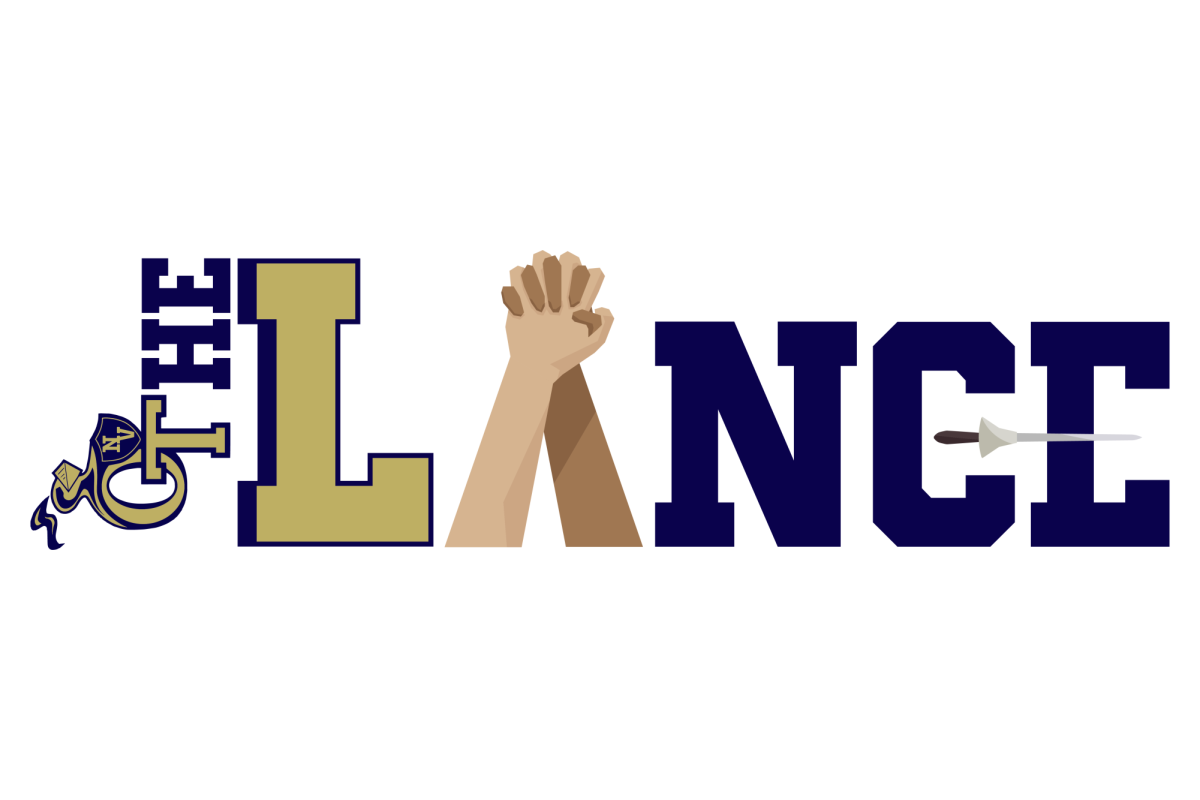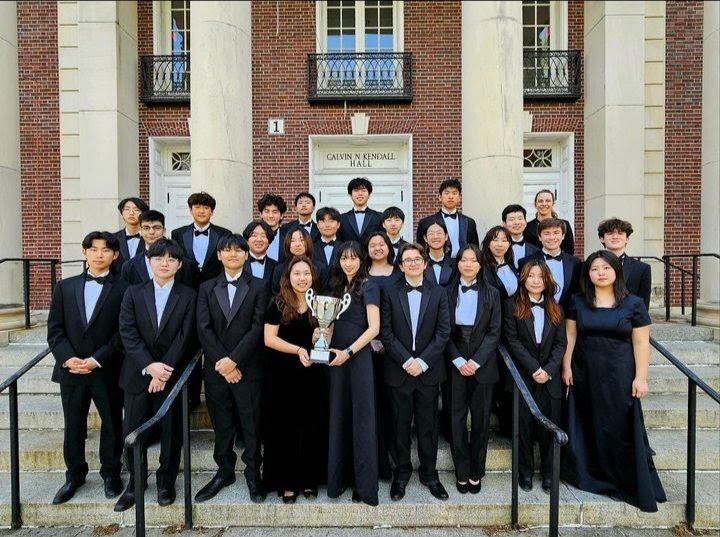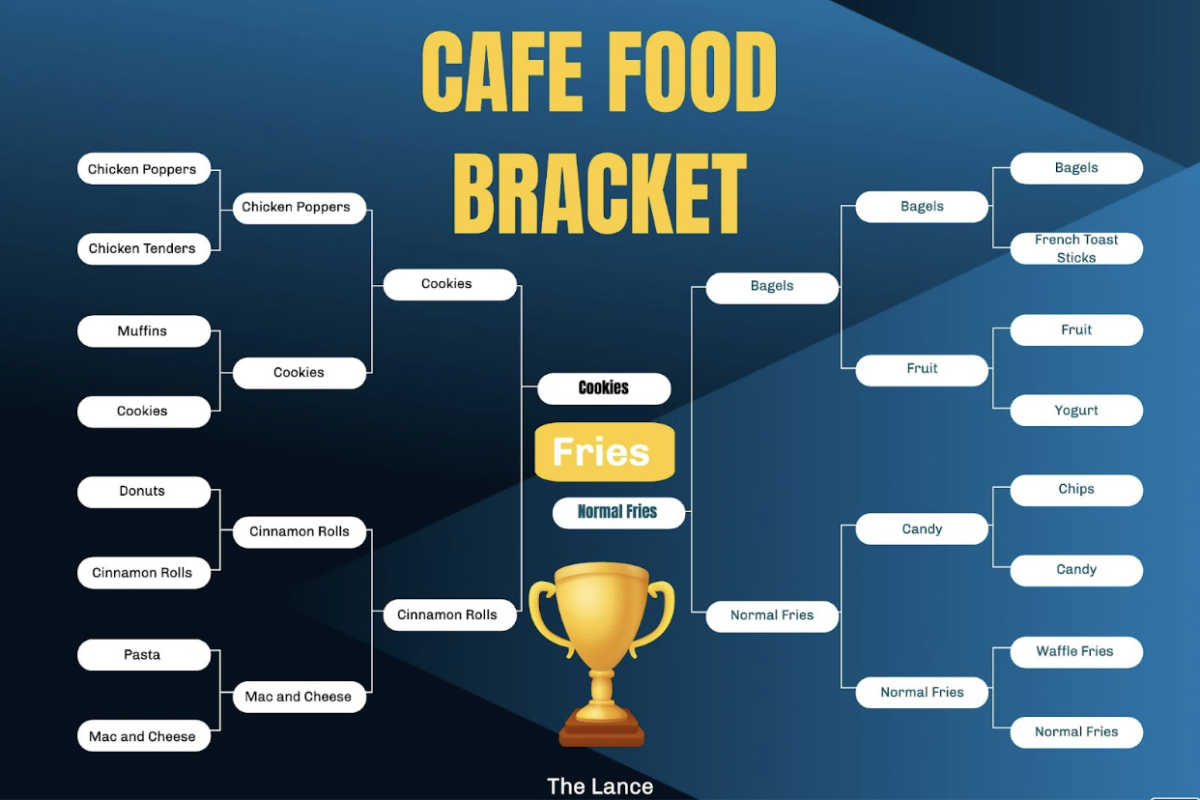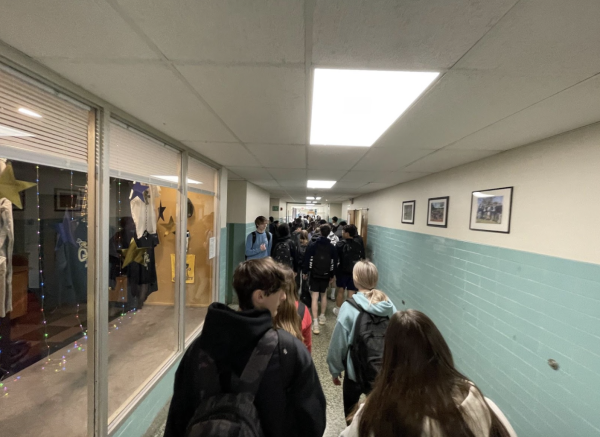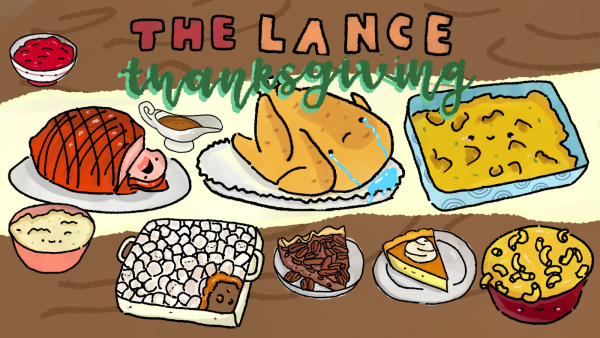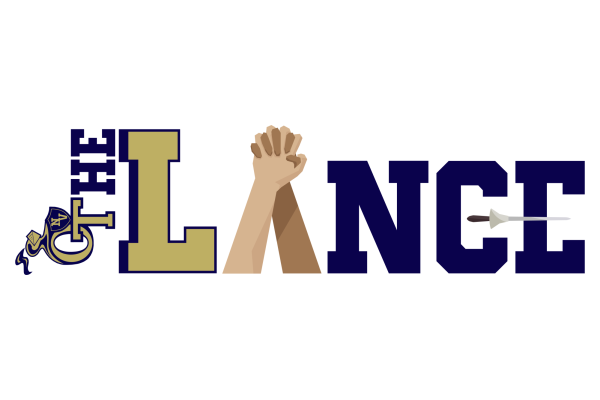Colleges Need to Ditch Mandatory Test Submission; Here’s Why:
How costly testing disadvantages underprivileged students
After three years of accepting test-optional applications due to the rise in COVID-19 cases, colleges are finally considering bringing back mandatory test submission as the United States recovers from the pandemic.
Back in 2020, various colleges and universities across the United States announced their test-optional policy for their fall applicants. However, as the Class of 2024 prepares for the college application process, it is likely that they will face mandatory SAT/ACT submission. After the last three years of optional test taking, universities should just ditch mandatory test submission entirely. Here’s why:
There is no doubt that the SAT/ACT provides a great advantage to higher-income students in various ways.
First of all, many students hire very expensive private tutors specifically for the SAT/ACT. These tutors not only strengthen the student’s prior knowledge of the four SAT/ACT categories, but they also reveal strategies specific to the test. For example, when asked about the proper punctuation in a sentence on the ACT, the answer is a semi-colon majority of the time. The ability to pay tutors to reveal to students the statistics of which is most likely the correct answer on the test does NOT accurately assess the student’s actual knowledge of the topic.
Low-income students do not have the same resources as higher-income students that can afford these tutoring services to boost their score. In theory, a student with less knowledge on the topic but access to a more expensive and reliable tutor will be more likely to get just as high, if not higher, of a score than a student with more knowledge but no access to an SAT/ACT tutor.
Higher-income students also have the ability to retake their SAT/ACT various times for a higher or “super score” whereas low-income students may only be able to afford to take the test once, if at all. “Students can take the SAT as many times as they want. […] Most students get a higher score the second time, and most colleges consider a student’s highest SAT score when making admission decisions” according to the College Board website and the test costs a minimum of $55 each time a student takes the test. Students that can afford to retake the test multiple times are more likely to get a better score and as a result more likely to be considered for admissions due to their monetary advantages.
By requiring the scores of such a costly test for many families, it is also especially masking the talent and potential of so many black and hispanic students.
According to the United States Census Bureau from 2021, Black Americans have the highest poverty rate at 19.5% and Hispanics have the second highest poverty rate at 17.1%. White and Asian Americans have only about half of the poverty rating as Black and Hispanic Americans.
With Black and Hispanic Americans more likely to attend underfunded school districts, they are already at a learning disadvantage. On top of that, the overwhelming cost of SAT/ACT prep as well as the testing fee that most marginalized groups do not have access to just adds to the list of unfairly reviewed material.
Colleges and Universities have a choice to make. They need to consider the potential of impoverished students and that starts at making the decision to ditch the SAT/ACT entirely.











